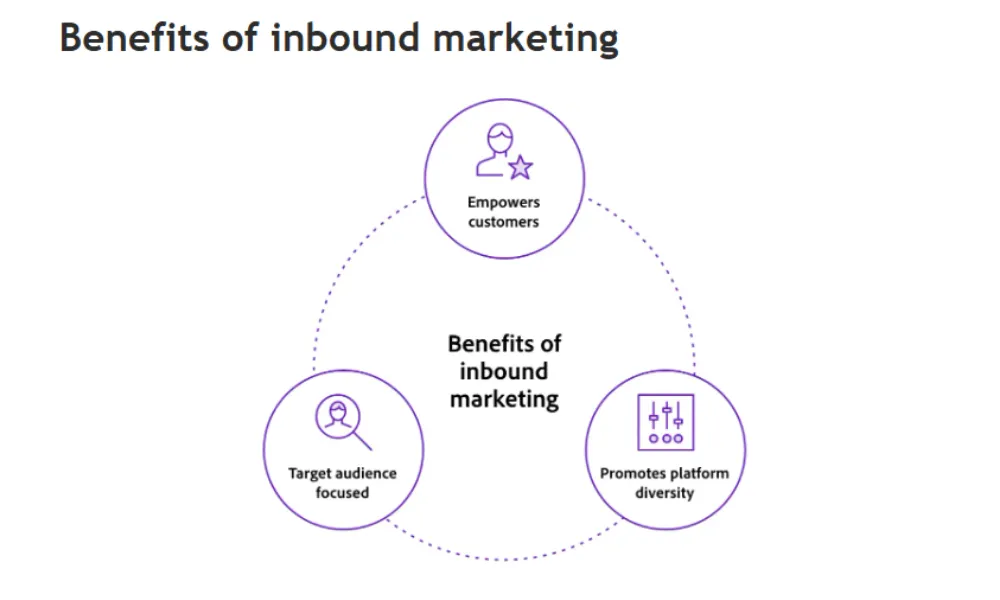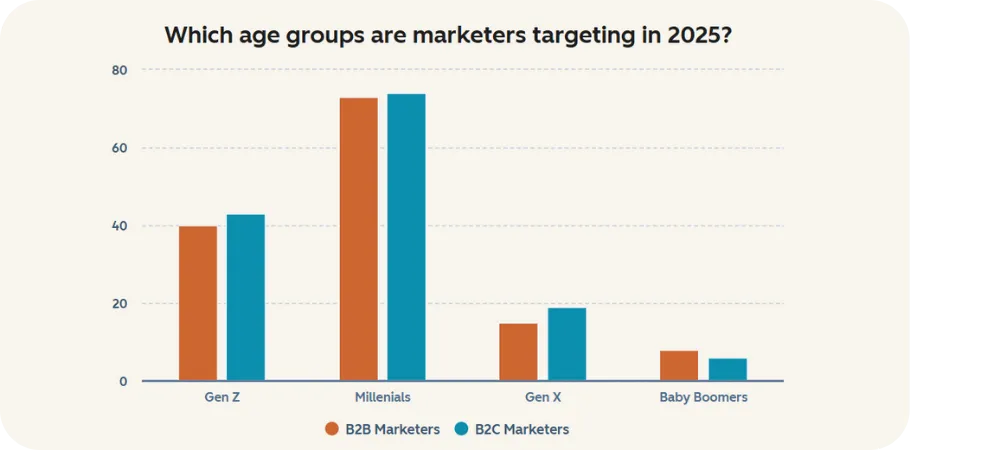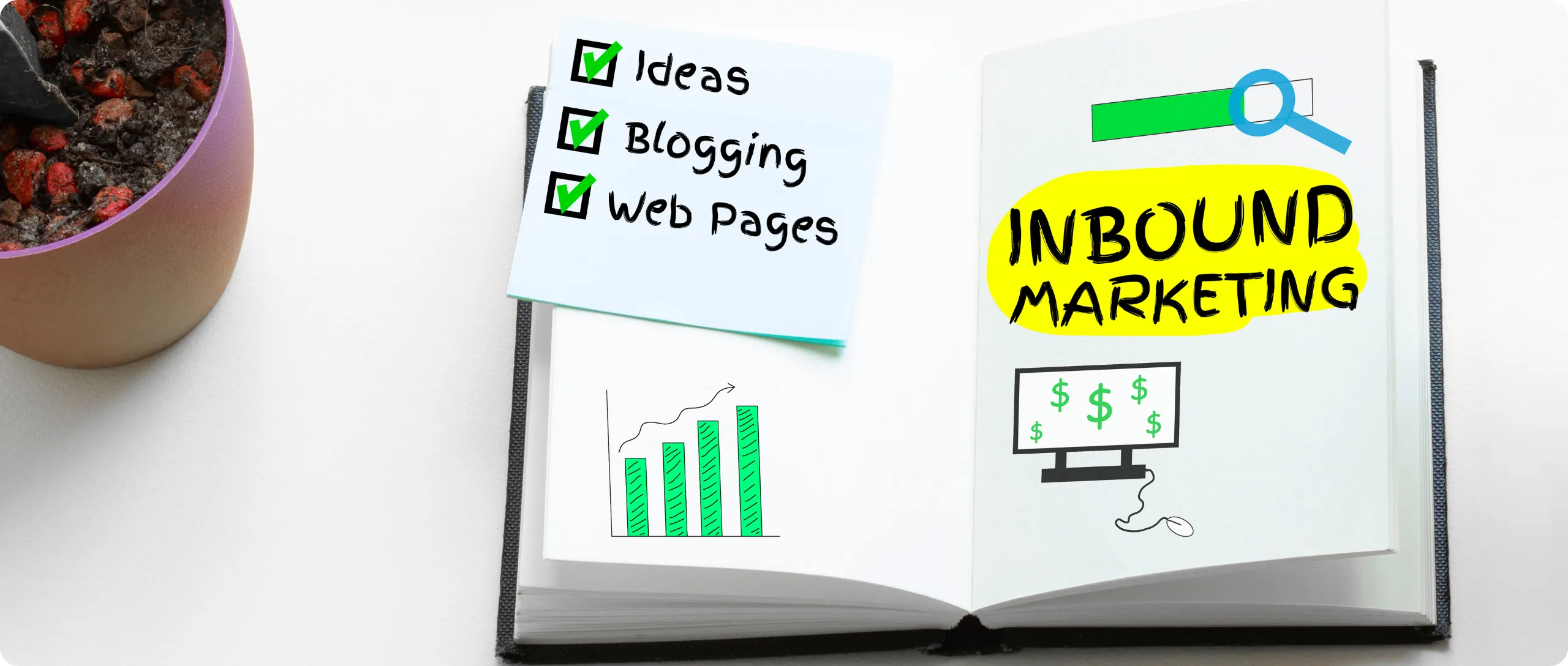Inbound marketing is not only focused on attention; rather, it’s focused on trust. Customers do not want to be sold to in today’s world, they want to be understood, educated, and guided. Properly executed inbound marketing turns new visitors into loyal customers and opportunities for long-lasting relationships.
This article will explain how inbound marketing creates trust through education, simplicity, meaningful content, and measurable impact.
Why Customers Trust Brands That Educate, Not Sell
The days of hard-sell tactics are over. Today’s buyers want value before they make a purchase. Inbound marketing puts education first, offering useful information that helps customers solve problems rather than pushing a product.
Brands that educate show they understand their customers’ needs. This builds credibility and positions the brand as a trusted guide rather than just a seller. When customers feel they can rely on your insights, they’re far more likely to come back and recommend you to others.
This means shifting focus from aggressive promotion to helpfulness, providing blogs, guides, webinars, and tools that genuinely add value. Over time, this approach turns transactions into relationships.

Simple Inbound Strategies to Earn Credibility
Building trust starts with having the right approach. Here are a few proven inbound strategies:
- Create Buyer Personas: Understand who your customers are, what they care about, and where they are in their journey. Personas help tailor your content and build authentic connections.
- Map the Buyer’s Journey: Provide content specific to awareness, consideration, and decision stages so customers get the right information at the right time.
- Use Helpful Content: Blog posts, how-to videos, and case studies educate customers while positioning your brand as an authority.
- Be Consistent: Regularly publish content and interact with your audience — consistency builds familiarity and trust.
These strategies aren’t complicated, but they require discipline. Over time, they build credibility and strengthen your brand’s reputation.
Turning Helpful Content Into Loyal Relationships
Inbound marketing is a process. Useful content attracts people. Thoughtful engagement retains people. Over time, that leads to trust that lasts.
For instance, if your blog post helps a reader with a problem, they will return to your site the next time they have the same problem. If you send them a follow-up email to discuss other solutions to their issue, that reader will likely be inclined to engage with you again. When they finally purchase your product or service and it delivers on your promises, that ongoing relationship further evolves into loyalty.
The key is consistency. Every interaction, whether it is through an email, with a blog post, or with a customer service call, should serve to re-establish your commitment to helping your customers succeed. That is how trust turns into loyalty.
Tracking the Long-Term Impact of Inbound Marketing
Trust isn’t built overnight. Measuring the impact of inbound marketing helps you understand what works and where to improve. HubSpot and similar tools let you track:
- Content engagement: Which blogs, guides, or videos get the most attention?
- Lead nurturing performance: Are people moving through your buyer journey smoothly?
- Customer feedback: Are customers satisfied and likely to recommend you?
- Retention metrics: How often do customers return?
These insights help you refine your strategies so your inbound marketing continues to grow stronger over time.

Final Thoughts
Inbound marketing is not an event or a campaign; instead, it is a longer-term commitment to establishing relationships built on trust through value and education. When your mindset moves away from selling customers to helping customers, that builds trust and creates loyalty and relationships that last.
The essence of inbound is human connection - understanding your audience, being there to answer their questions, and continuously providing value to your audience. That mindset, over time, develops customers into brand advocates who trust the brand and return. That is what inbound marketing is capable of.




%20(824%20x%20550%20px)%20(1).png)
.png)
.png)
.png)

.webp)
.webp)
.webp)
